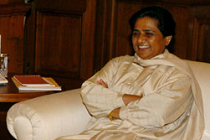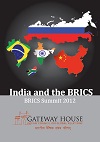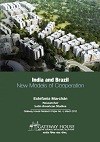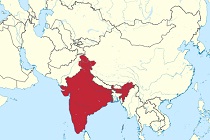Why is South Africa a BRIC?
Alisha Pinto interviewed Renu Modi, an expert on Indo-Africa relations, on South Africa and its role in the BRICS. She also discusses its ties with China, its climate change position, and foreign investments from BRIC countries.










